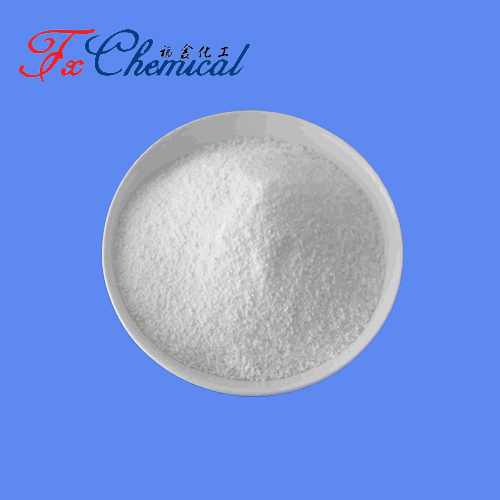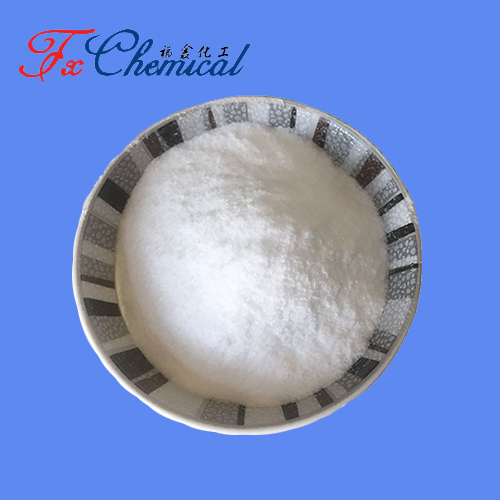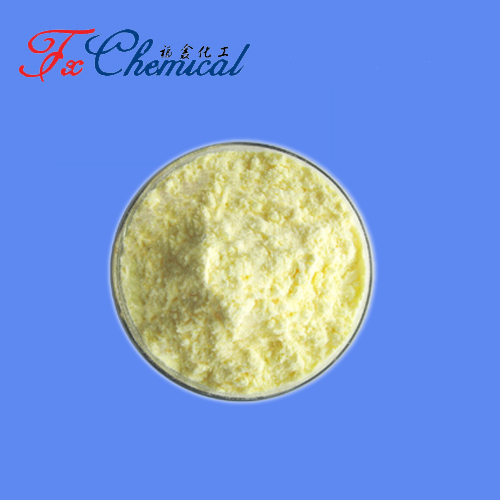
Search

Search

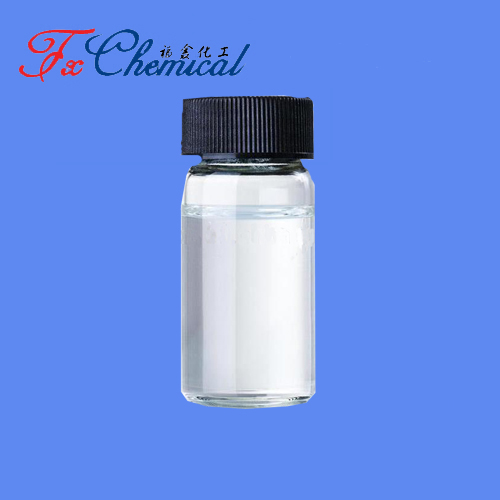

Glycerol formal, also known as 1,3-dioxolane or glycerol 1,3-dioxolane, is an organic compound that has found a wide range of applications across various industries. This chemical is valued for its unique properties, such as low toxicity, high stability, and good solubility in a variety of solvents. It is a cyclic ether that is typically produced by the reaction of glycerol with formaldehyde. Due to its versatile chemical structure, glycerol formal has a broad spectrum of applications in areas such as plastics, solvents, chemical synthesis, lubricants, and fuel additives. This article will explore these applications in detail, with a focus on its role as a plasticizer, solvent, and intermediate in chemical synthesis.
Description of Glycerol Formal from Wuhan Fortuna Chemical Co.,Ltd
Basic Information of Glycerol Formal | |
Product Name | Glycerol Formal |
CAS NO. | 4740-78-7 |
Apperance | Clear and colorless liquid |
Assay | 99% |
Pacakge | 25kg/200kg/Drum |
MOQ | 1kg |
Storage | Cool and dry place |
Shelf Life | 2 Years |
Brand | Watson |
Specifications(COA) of Glycerol Formal CAS 4740-78-7
ITEMS | SPECIFICATIONS | RESULTS |
Appearance | Clear and colorless liquid | Conform |
Solubility | The product can be miscible with water and with ethanol. | Conform |
Identification | Relative density: 1.210~1.220 | 1.220 |
Refractive index:1.445~1.220 | 1.452 | |
The retention time of main peak of the test and standard are concordant | Conform | |
PH | 4.0~6.5 | 4.7 |
Peroxide value | ≤15 | Conform |
Formal dehyde | ≤0.020% | Conform |
Heavy metals | ≤10ppm | Conform |
Water | ≤0.50% | 0.46% |
Purity (GC) | ≥98.5% | 99.1% |
Conclusion | The product conforms to the BP2018. | |
Application of Glycerol Formal in Industrial and Chemical Processes
Glycerol formal, also known as 1,3-dioxolane or glycerol 1,3-dioxolane, is an organic compound that has found a wide range of applications across various industries. This chemical is valued for its unique properties, such as low toxicity, high stability, and good solubility in a variety of solvents. It is a cyclic ether that is typically produced by the reaction of glycerol with formaldehyde. Due to its versatile chemical structure, glycerol formal has a broad spectrum of applications in areas such as plastics, solvents, chemical synthesis, lubricants, and fuel additives. This article will explore these applications in detail, with a focus on its role as a plasticizer, solvent, and intermediate in chemical synthesis.
Plasticizer in Polymers
One of the primary uses of glycerol formal is as a plasticizer in the production of polymers and plastics. A plasticizer is a substance added to materials, especially polymers, to increase their flexibility, workability, and durability. Glycerol formal, when added to plastics, reduces the intermolecular forces between polymer chains, thereby making the material more pliable and easier to process. This makes it a valuable additive in the production of flexible PVC (polyvinyl chloride) products, rubber, and other polymers used in a variety of applications ranging from packaging to automotive parts.
The use of glycerol formal as a plasticizer offers several advantages over traditional plasticizers, such as phthalates. It is less toxic, biodegradable, and has a low volatility, making it a safer and more environmentally friendly option for manufacturers. As consumers become increasingly concerned about the environmental and health impacts of plasticizers, the demand for safer alternatives like glycerol formal has risen significantly. Additionally, glycerol formal's ability to improve the flexibility and toughness of plastics makes it an attractive choice for high-performance polymer applications.
Solvent in Chemical Processes
Another major application of glycerol formal is as a solvent in chemical and industrial processes. A solvent is a substance that dissolves other materials to form a homogeneous mixture, known as a solution. Glycerol formal is a highly effective solvent due to its excellent solubility properties, low toxicity, and stability under a wide range of conditions. It is used in various chemical processes, such as the production of resins, coatings, adhesives, and paints.
In the coatings and paint industry, glycerol formal serves as a solvent for resins, helping to create smooth and uniform coatings that adhere well to surfaces. Its use in adhesives is also significant, as it enhances the adhesive properties of the final product while maintaining a low environmental impact. Glycerol formal is often preferred in solvent-based products because it is less harmful to human health compared to other more hazardous solvents, such as toluene or xylene. Additionally, glycerol formal is biodegradable, which reduces the environmental footprint of products that contain it.
Furthermore, glycerol formal is sometimes used in the formulation of cleaning agents, where its solvency power helps dissolve grease, oils, and other contaminants. In these applications, glycerol formal's relatively low toxicity ensures that the cleaning agents are safer for human use compared to products with more toxic solvents.
Intermediate in Chemical Synthesis
In addition to its role as a plasticizer and solvent, glycerol formal is also used as an intermediate in chemical synthesis. It serves as a building block for the production of various chemicals, resins, and polymers. Its stable chemical structure makes it an ideal intermediate for reactions that require controlled reactivity and stability.
One of the key areas where glycerol formal is used as an intermediate is in the production of resins and coatings. It can react with other chemical compounds to form epoxy resins, which are widely used in coatings, adhesives, and composite materials. These resins are known for their excellent durability, corrosion resistance, and adhesive properties, making them essential in industries such as construction, automotive, and aerospace.
Moreover, glycerol formal can be used in the synthesis of other plasticizers and additives, further expanding its utility in industrial processes. Its versatility as a precursor to more complex chemical products enhances its value in manufacturing settings, where efficiency and cost-effectiveness are key considerations.
Lubricants and Fuel Additives
Glycerol formal is also used in the formulation of lubricants and fuel additives. In lubricants, it helps reduce friction and wear between moving parts, improving the efficiency and longevity of machinery. Glycerol formal-based lubricants are often used in industrial settings, where high-performance lubrication is required.
In fuel additives, glycerol formal can improve the stability and combustion characteristics of fuels. It helps enhance the efficiency of fuel combustion and reduces the formation of harmful emissions. These properties make glycerol formal a valuable component in the development of cleaner and more efficient fuel technologies.
#Environmental and Health Benefits
One of the most important benefits of glycerol formal is its relatively low toxicity and biodegradability, which makes it an environmentally friendly alternative to many traditional chemicals used in industrial applications. Its low volatility reduces the risk of air pollution, while its biodegradability ensures that it breaks down naturally in the environment, reducing the potential for long-term ecological damage.
Conclusion
In summary, glycerol formal is a versatile compound with numerous applications in industries ranging from plastics to fuel additives. Its role as a plasticizer, solvent, and intermediate in chemical synthesis makes it indispensable in various manufacturing processes. Its relatively low toxicity, biodegradability, and efficiency have led to its increasing use in environmentally conscious and health-conscious applications. As industries continue to prioritize sustainability and safety, glycerol formal is expected to remain a valuable chemical in the development of more eco-friendly products and processes.
FAQ From Wuhan Fortuna Chemical Co.,Ltd | |
Q | Can I get a sample for free ? |
A | For small QTY and low value product, we can provide sample for free exclude shipping cost. For high value sample, we will charge the basic sample cost, but we can refund all the cost if customers place order after sample test. |
Q | How to confirm the product quality before placing orders ? |
A | Most of our products confirm to international standards like USP/EP/BP/JP/CP. We will provide COA/TDS/MSDS for customers to confirm the specification before placing order. |
Q | What is the payment you accept? |
A | For small and low value order, we accept CreditCard, MaterCard,VISA,Western Union and T/T.For large order, we can do T/T and L/C. Any pay on delivery or pay-after are not available for us. |
Q | What is your shipment way ? |
A | For less than 100kg gross weight order will ship with courier like FedEx or UPS, we support customers to place courier orders remotely by their account, we will package the goods well and wait for pick up.For more than 100kg goods, we will transport by Air or Sea according to customers' requirement. |
Q | How long is your after-sales service? |
A | We accept customer’s quality complaint in three month after customer received the goods. We provide tech.support for all-life if customer place order from our company. |
Q | How do you treat quality complaint ? |
A | We support customer to provide our products to any rightful third party testing organization to test our products according to the COA specification, if the test result is confirm with COA, we will take all the loss for customers. |
Wuhan Fortuna Chemical Co.,Ltd is a professional manufacturer which provide Glycerol Formal with good quality and best price, welcome to contact us to get COA/TDS/MSDS of Glycerol Formal.

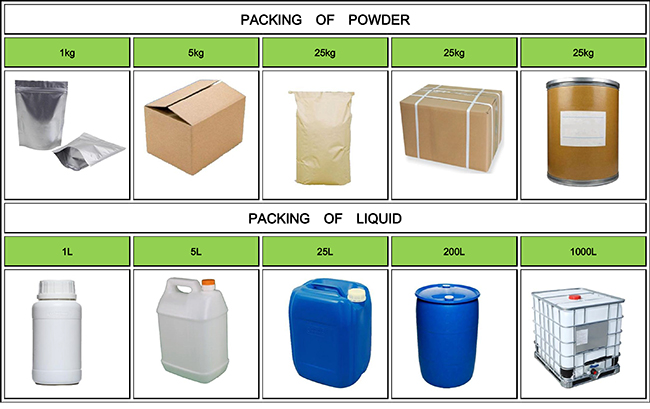
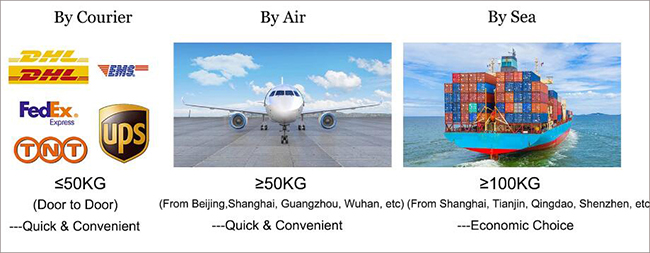
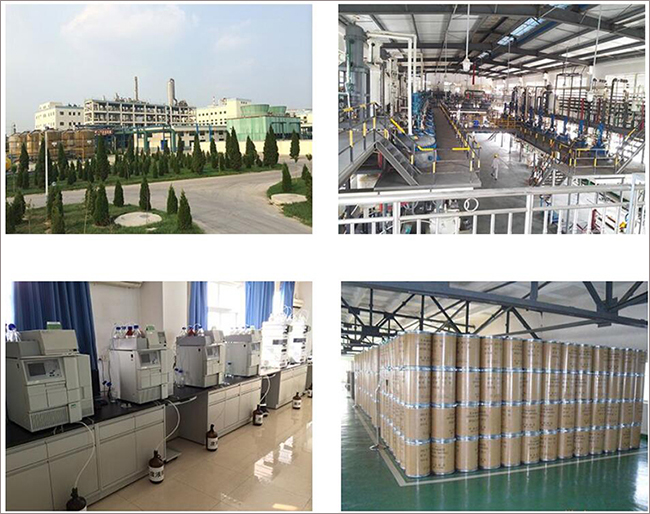

Fortunachem Provides Not Only Professional Chemical Products But Also Professional Help
Keeping you up-to-date with all the latest information, news, and events about Fortunachem!

Quick Links
Add:
E-mail:
 English
English  Español
Español  français
français  العربية
العربية 
